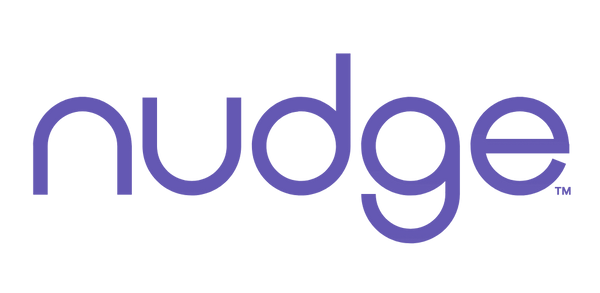Nudge Device vs. Medication Dispensers
Ever found yourself wondering if you've already taken your meds today? You're certainly not alone. In the USA 50% (ref) do not stick to our prescribed medication plans. This leads to a slew of problems: missed doses, worsening health conditions, and avoidable emergency room visits.
Before Nudge, only costly medication dispensers could somewhat address this issue. These dispensers come with numerous moving parts, requiring routine maintenance, additional budget for ongoing subscriptions, and considerable space for their bulky size. In contrast, the Nudge device offers a superior solution.
Nudge distinguishes itself in several ways:

Affordability and No Subscriptions: Nudge is priced under $100, while medication dispensers start at $300 plus subscription fees. Nudge operates without a subscription model, eliminating concerns about disrupted medication management due to unpaid bills.

Versatility in Medication Tracking: Nudge tracks all types of medications, including half pills, powders, and liquids, without proprietary restrictions or calibration-required weight scales that might cause false alarms or inconvenience users with mobility issues.

Compact Design: Unlike bulky dispensers that compete for kitchen counter space, Nudge's compact size allows it to fit on a bedside table or in any convenient space.
In summary, Nudge addresses medication adherence challenges more affordably and conveniently than traditional dispensers, without the need for subscriptions, and accommodates a wider variety of medication forms with its compact and user-friendly design.
